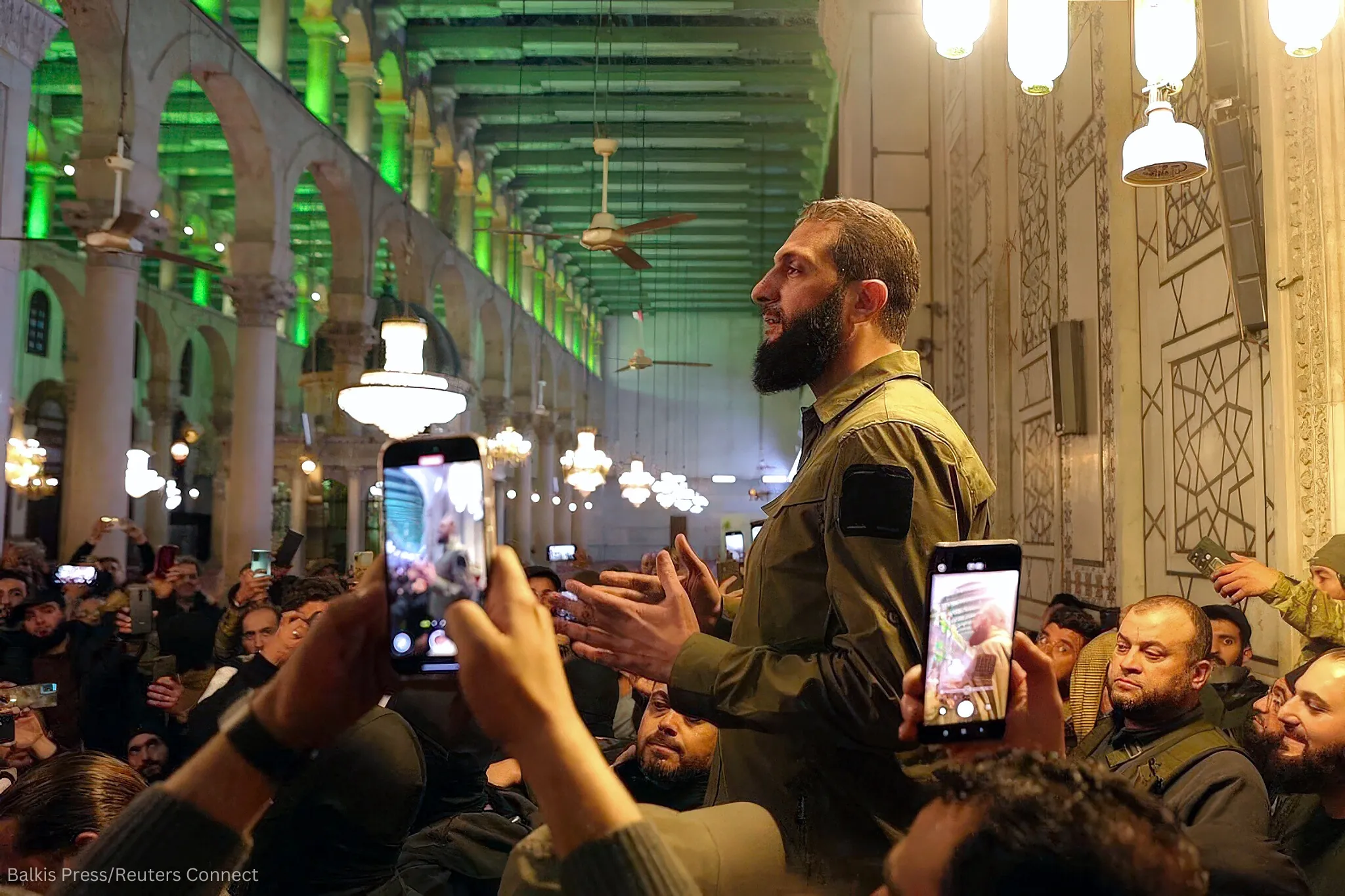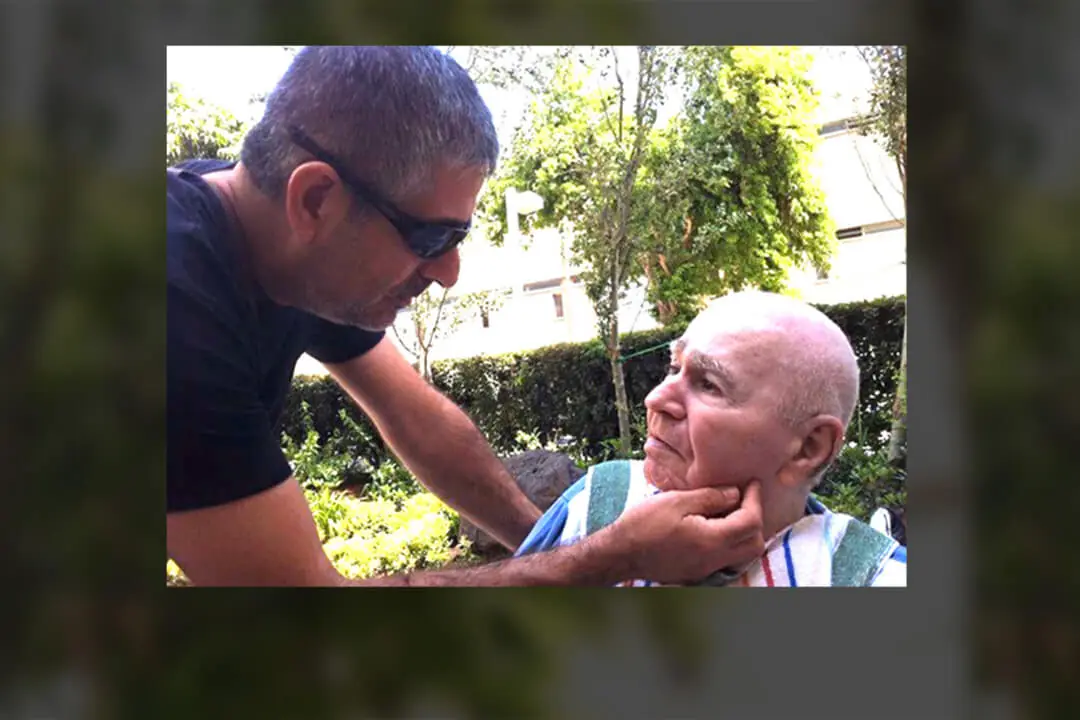
Arik was born in Israel to a Persian-Jewish mother and a Russian-Jewish father. His family was of the secular persuasion—solid Jewish lineage with no affinity for anything religious. His dad was a dedicated provider. In fact, working hard was his answer for everything. His mother suffered from emotional challenges in those early years, so Arik spent a good part of his childhood between his frustrated father and visiting his ill mother in the hospital.
Arik was the youngest child, so by the age of 14, with his sisters already gone, he moved out of his parents’ home. The teen culture of the day was the artsy, dark, underground stuff where everyone was special—especially you. Still, in the midst of it all, Arik had two life goals: 1. Prepare for his mandatory military service by completing his high school requirements. 2. Upon completion of his military service, join his youngest sister in New York.
About one month before he completed his military service, Arik, who would stay at his parents’ home when he wasn’t on the army base, was flipping through their pirated cable service and came across a movie called Ben-Hur. It was an old film but the Jewish-Roman story line was intriguing. Then came the scene where Ben-Hur was in the desert, parched and exhausted and unable to walk any further. A man comes up and gives him water. Later in the movie the man is revealed to be Yeshua.

After the movie, Arik continued to sit there, stunned by the water in the desert scene. It was clear to him that Yeshua had not only given Ben-Hur water for his body to drink, but living water for his soul. Arik felt betrayed. No one had ever told him about this Yeshua—not his school, not the army, no one—and he knew no one who could help him work out what he was feeling.
Two weeks later his oldest sister, Shoshi, who had married a Swedish man, arrived from Sweden for a visit. After their parents had gone to bed, she sat him down and told him she had something important to share with him. Hesitantly she began, “I have come to believe in Yeshua as the Messiah of the Jewish people.” Arik interrupted her, “What? Yeshua? I just saw this movie about Him and I don’t understand why I never heard anything about this man…”
As it turns out, Arik had come across that movie, just as his sister’s congregation in Sweden had been praying for God to prepare the ground in Arik’s heart for when she visited. In her wildest dreams Shoshi never imagined he would be so willing to take the giant leap. They spoke into the late hours of the night and Arik went to bed beyond elated.
Still, even with such a supernatural experience, the mind sometimes has a hard time catching up with the heart. When Arik woke up in the morning, his mind screamed in protest at the complete life change that following Yeshua would require. For years he had planned to move to New York with his youngest sister, and he just couldn’t give up that dream. And so, as planned, Arik broke up with Mona, his childhood sweetheart and bought a one-way ticket to NYC.
A New Man
“Nothing happened like I had imagined it would. I remember flying over the city before we landed and thinking it looked so… icky. My sister greeted me at the airport and took me straight to an underground club. This club was incredible and should have been the highlight of my life. But it was then I realized my old life was gone. I had no appetite for this lifestyle anymore. Suddenly, words like “clean” and “pure” became attractive to me. All I could think at this point was how I could get out of New York and go to Sweden to learn more about what I knew I believed—and then go back to Israel and marry Mona, the love of my life.”
From Sweden, Arik kept in touch as much as he could with Mona, and told her of his desire to commit to life together with her. He also shared about all the spiritual changes he was going through, though she didn’t understand any of what he was talking about. In her mind, she imagined Arik turning into a monk or a Catholic priest walking around with a big cross on his chest. She liked the idea of them getting married, but first, she would need to change him back into “a normal Jewish man.”
She wasn’t sure what would greet her at the airport when he arrived back home and braced herself for the shock of what this “changed man” would look like. But when the doors slid open at the airport exit, it was just him. He looked the same, though perhaps more stylishly dressed than when he left.
Arik took Mona to a local congregation of believers, but Mona didn’t understand the strange terminology and was bothered by the fact that everyone was smiling all the time. Life is hard in Israel, so, Israelis don’t smile as a daily habit. One of the young believers at the congregation, Anat, saw her walk out and spent the rest of the service outside talking through all her concerns. From that day forward, Anat and Mona became close friends. Once Mona understood the Jewishness of it all, she dove into the New Testament scriptures.

“We were innocent in those days,” Arik remembers, “but our faith was genuine.” Despite their past difficulties, Arik’s parents recognized the impact Yeshua had had on their son and embraced Him as their Messiah as well! They soon joined Ari and Shira’s congregation. They were very active in the congregation (his mother once portrayed Queen Esther in a hilarious rendition of Purim) until they were no longer able to attend because of advanced age.
With his difficult childhood, Arik always had a deep sense of empathy for people who were suffering. And so, soon after they were married, Arik began working as a social worker, helping single parent families and children designated for adoption after they were removed from unsafe family situations.
Arik and Mona were busy raising two daughters, when they were approached by CBN to work in their humanitarian branch in Israel called E.L.Y. (In the Dec. 2019 Maoz Report we shared how ISWI partnered with E.L.Y. to help set up the lone soldier home.) At first Arik wasn’t excited about the idea of working for a ministry because of prior bad experiences with overseas ministries. But after praying about it, he agreed to take on the job so long as they allowed him to be hands-on with the people. “It felt right to me, since true religion is taking care of widows and orphans (James 1:27). We know believers have a hard time getting help from regular charities in Israel because of the social stigma against Messianics, so I wanted to use my gifts to help the local Body,” Arik explained.

Once Arik began helping Jewish believers in Israel, he discovered that in the world of Messianic Jewish charities, many organizations specialized in specific areas. So with CBN’s agreement, Arik began working with a variety of ministries across the country. This Kingdom mindset is what makes Arik’s work so effective in Israel.
“Because I am allowed to focus on the people, rather than paperwork and other desk duties, I can spend time getting to know their situations and am able to find ways to help each person or family as needed. If the person has a drug problem, I can get them into a believing drug rehab—because we know restoration of the body and the soul go hand in hand.
“If the issue is human trafficking, I know of a safe place for them. If they need furniture, there is a believing organization that can help with that. If they need clothes for their kids, I know of a place for that. If they are new immigrants, there is an organization to help them get settled. If they have money issues, I am able to counsel them how to manage their funds, rather than just get them a sum of money that only puts a band-aid on their life habits.”
Arik joined I Stand with Israel’s vetting committee several years ago. ISWI is Maoz Israel’s humanitarian outreach and works with 70 congregations across Israel—both Jewish and Arab. Every request comes through a vetted congregation with the pastor’s recommendation. Arik then makes personal contact with each applicant to understand how best to help them.
“What I enjoy about working specifically with I Stand with Israel is their flexibility in adapting to unique situations. They love to collaborate on projects with other ministries and they have the ability to get behind Israeli believers in a massive way. Their ability to give significant sums towards a specific need means they are able to change the course of that person’s life journey.
“Sometimes you have a bright child that comes from a poor family, and ISWI can get them into a college or trade school which they would’ve never been able to get into—and now that child will not only have an education, but he can support his whole family. Other times someone will come to us with a debt that was caused by a tragic situation, and not from poor life choices. In Israel, such debts can result in imprisonment or confiscation of everything inside one’s home. But with ISWI, we can go with legal aid, sit with the bank, reach a settlement and wipe out a debt that would’ve been with this person for the rest of their lives. These are life-changing moments for individuals and the Body of Messiah in Israel and I feel honored to play a small part in them.”
IStandWithIsrael was established to meet the practical needs of the poor, the hopeless, and the hurting. We have distributed over 7 Million Dollars to widows, orphans, the needy, oppressed, and victims of terrorism. Currently we offer help with feeding the hungry, medical needs, unjust debts, college scholarships, trade school grants, business startups, and defense against persecution.
To learn more about IStandWithIsrael and how you can help,
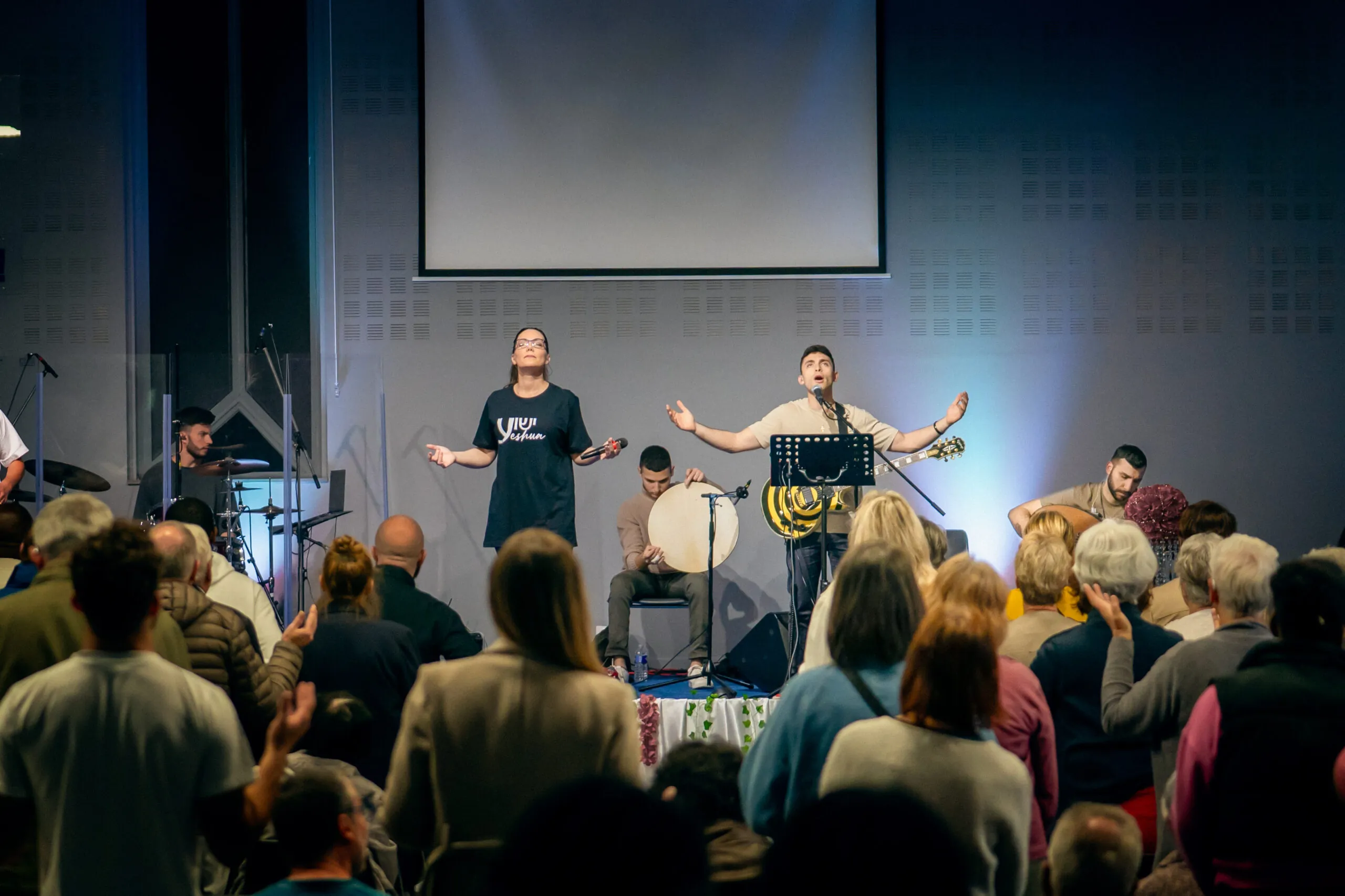
Israel and Ishmael Tour Mission
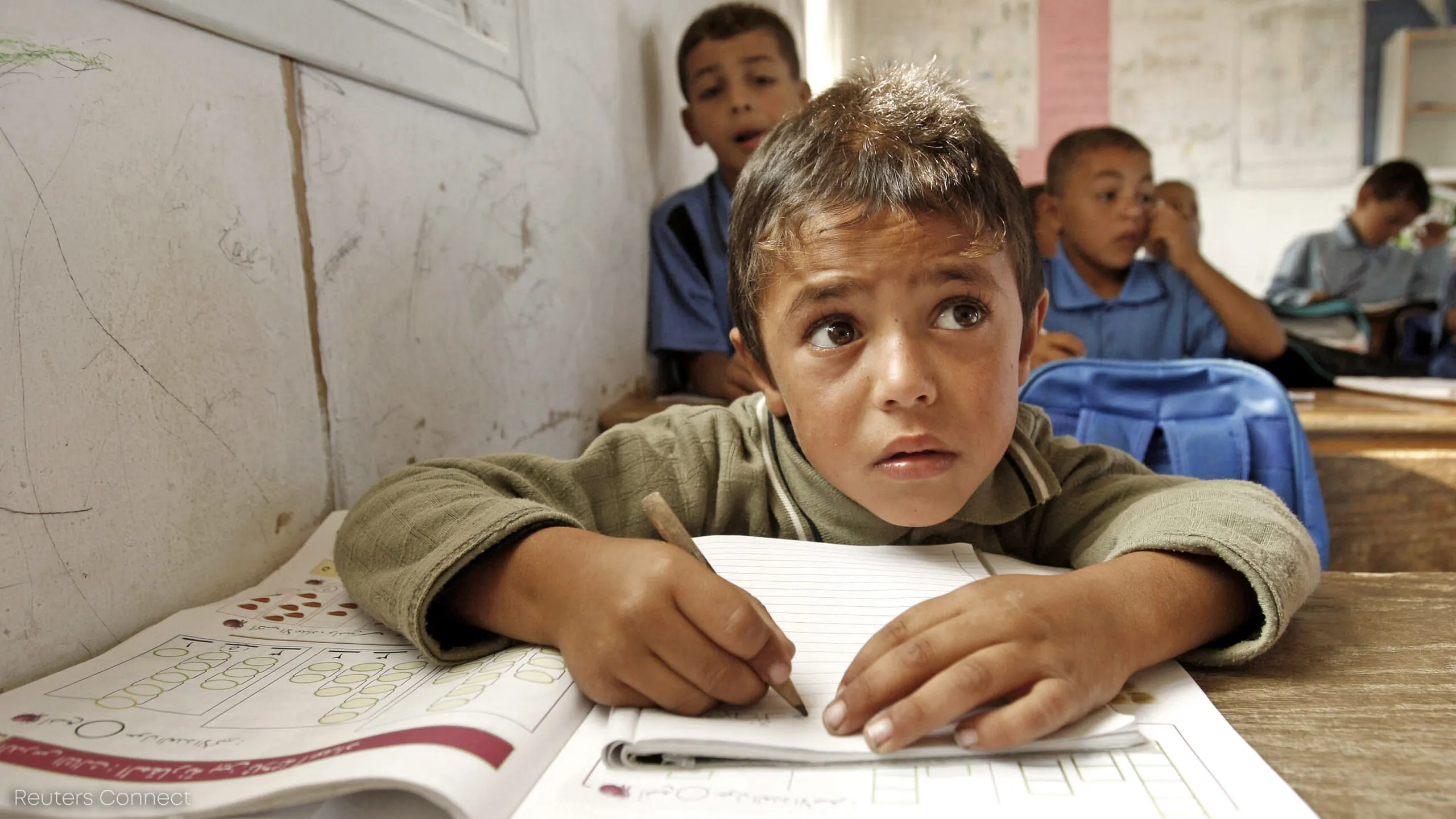
No Child Left Behind
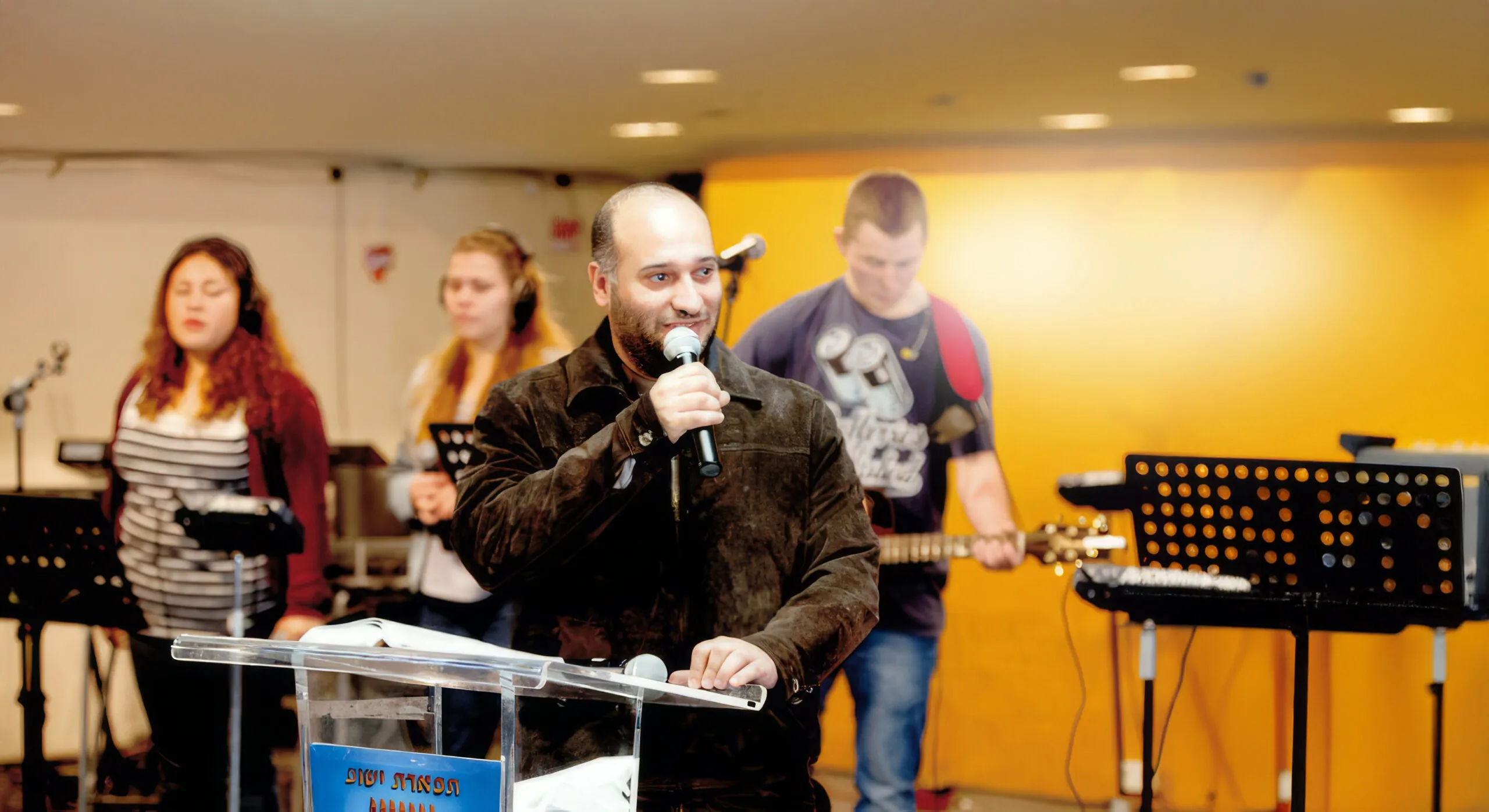
Israel’s First Indigenous Pastor?
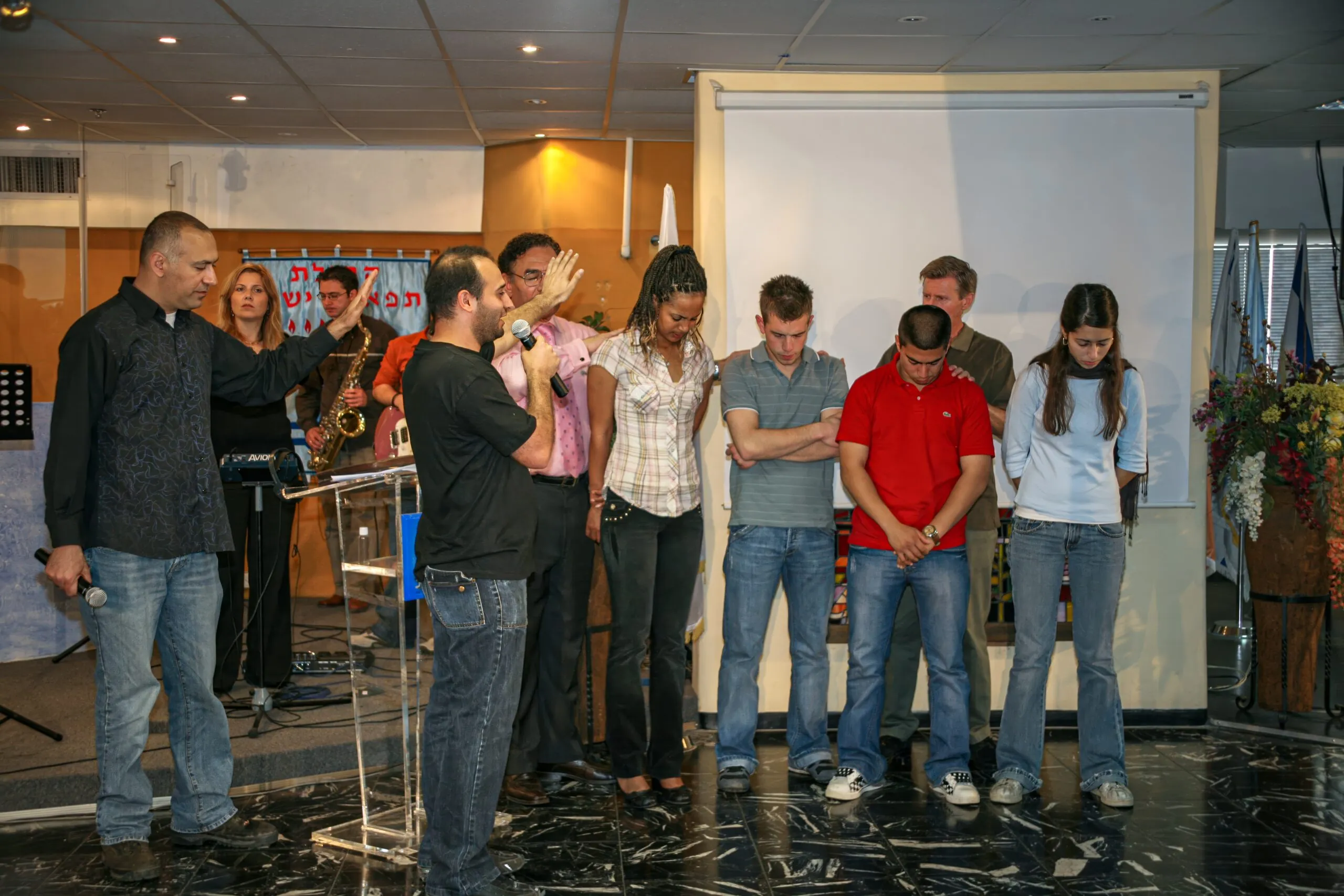
Rooted and Rising in Israel
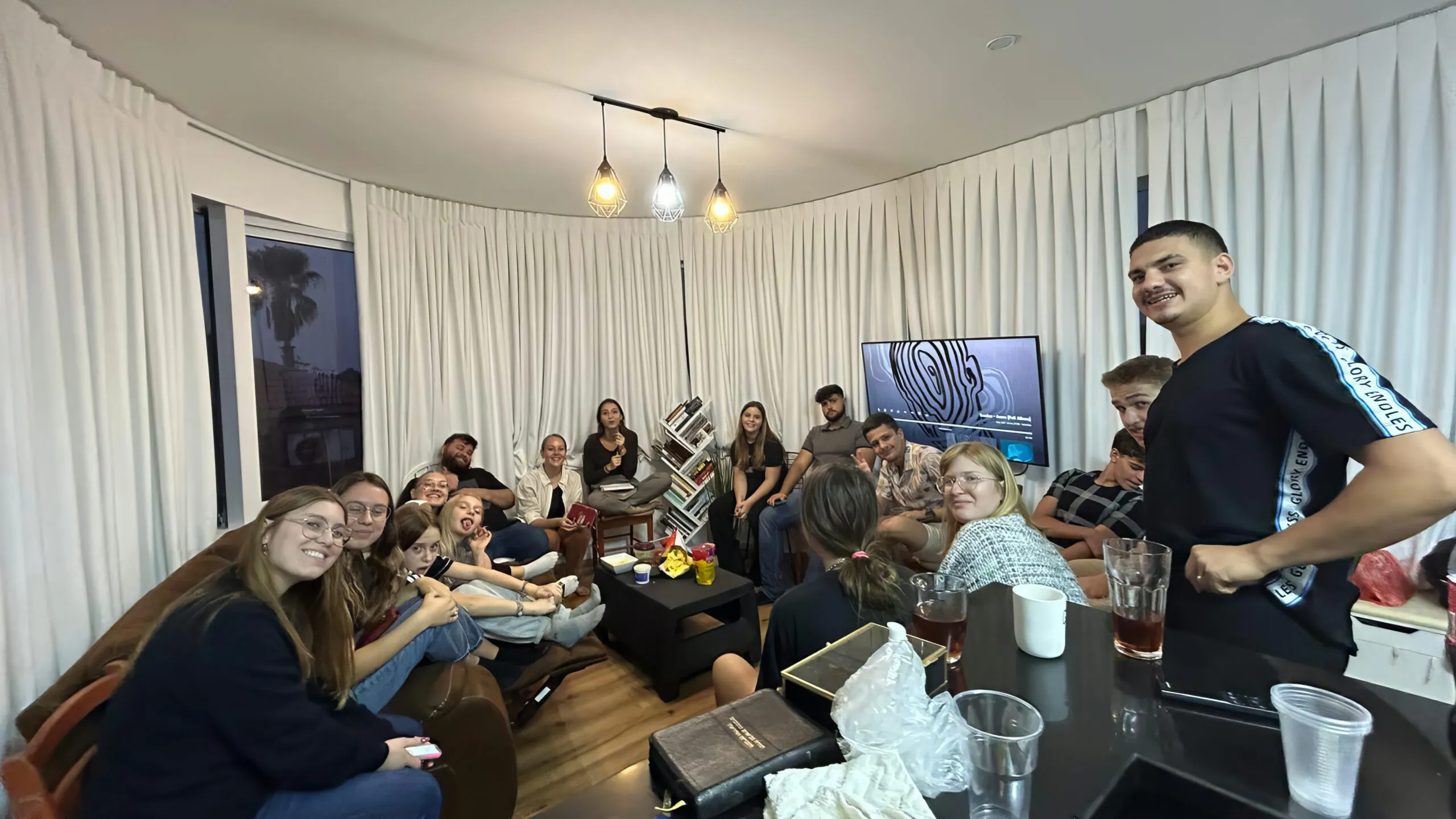
A New Generation Rises
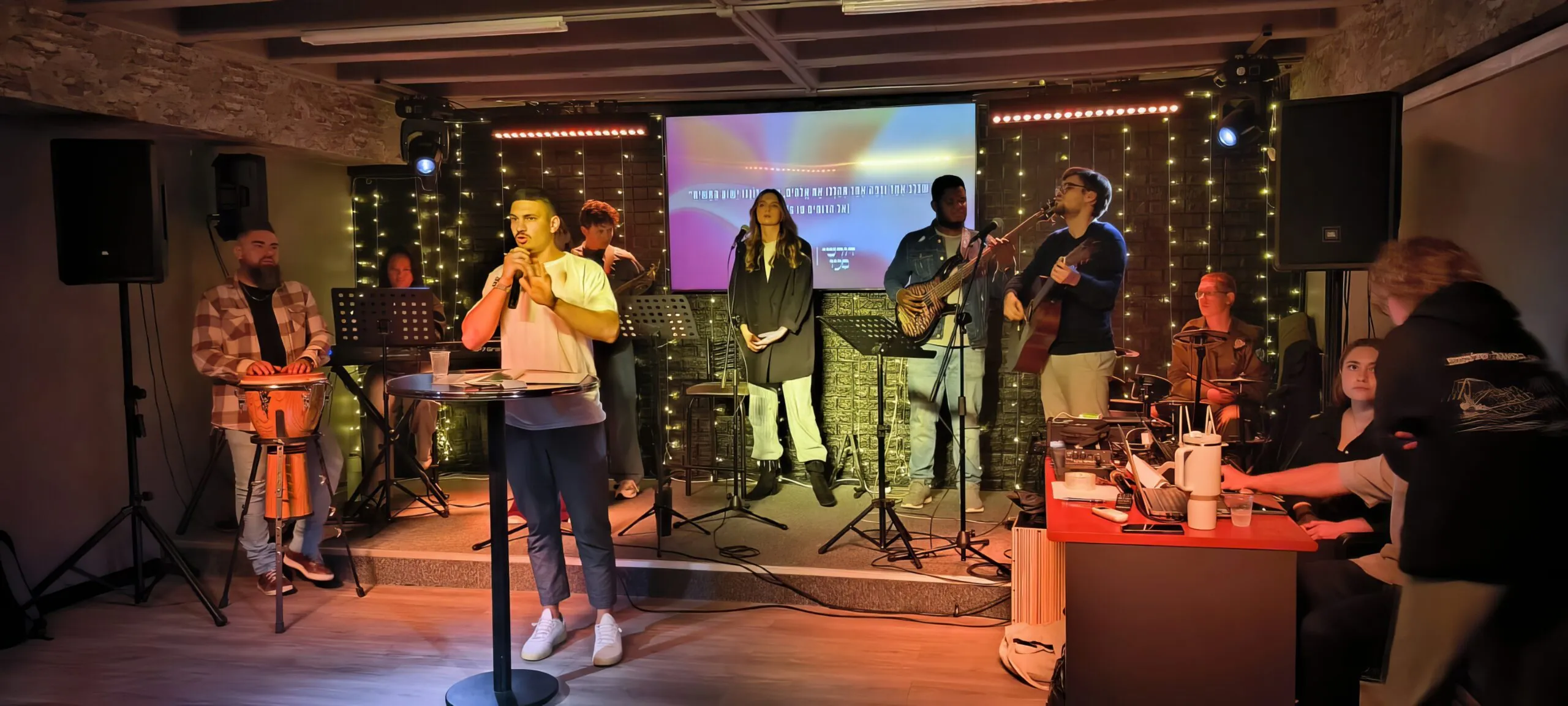
Leaders in the Making
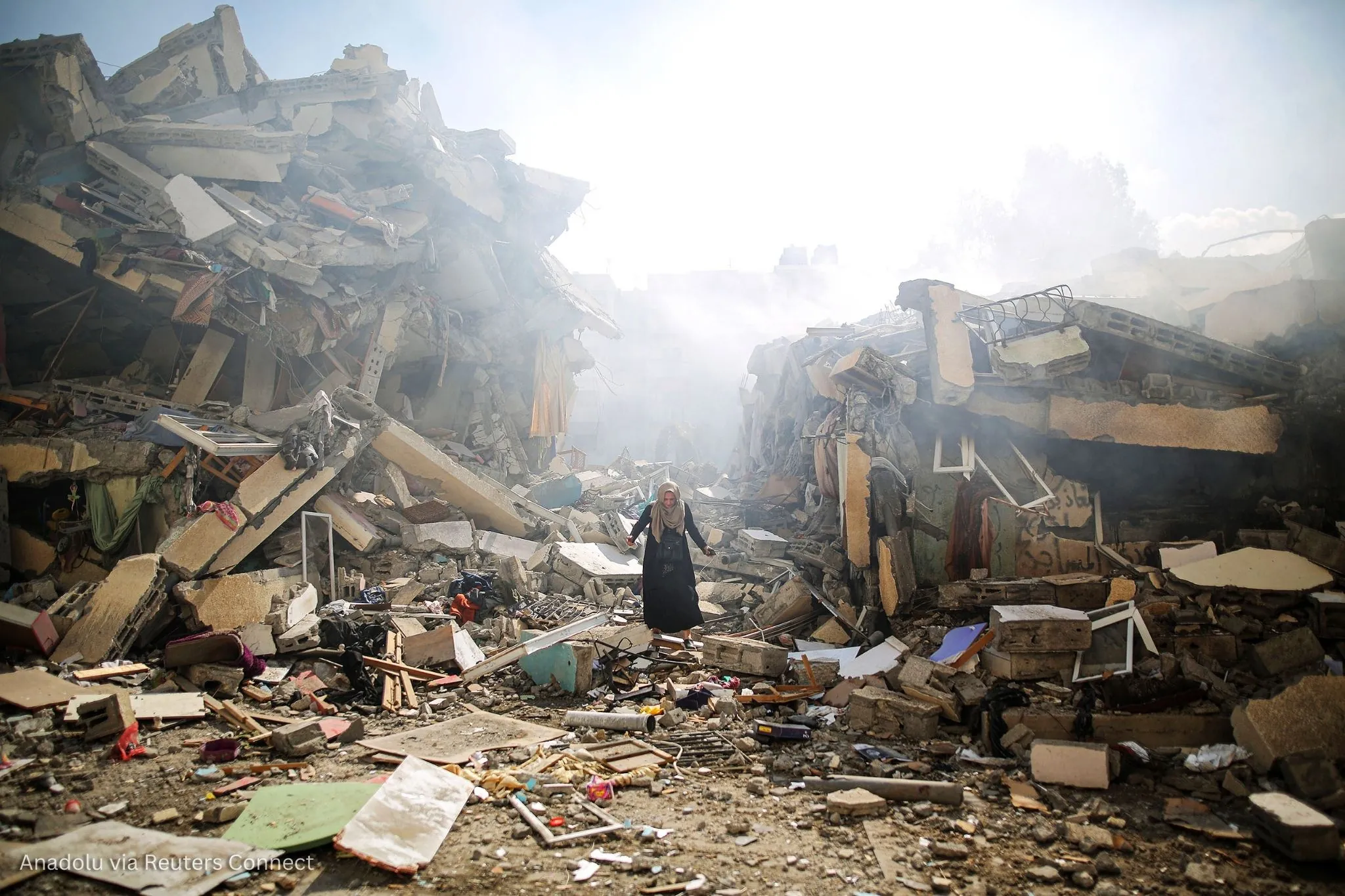
Free Gaza
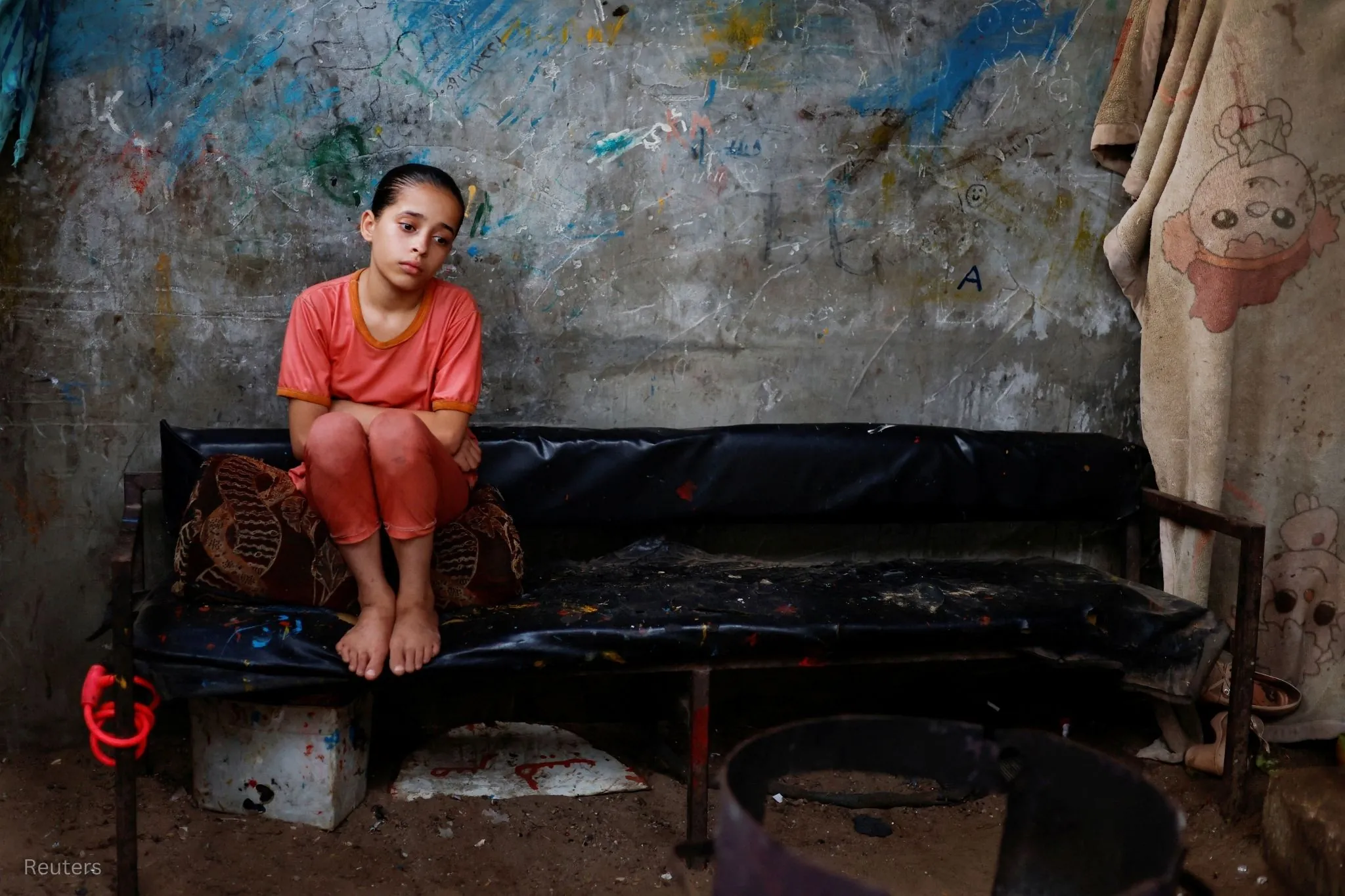
Bringing Light Beyond Borders
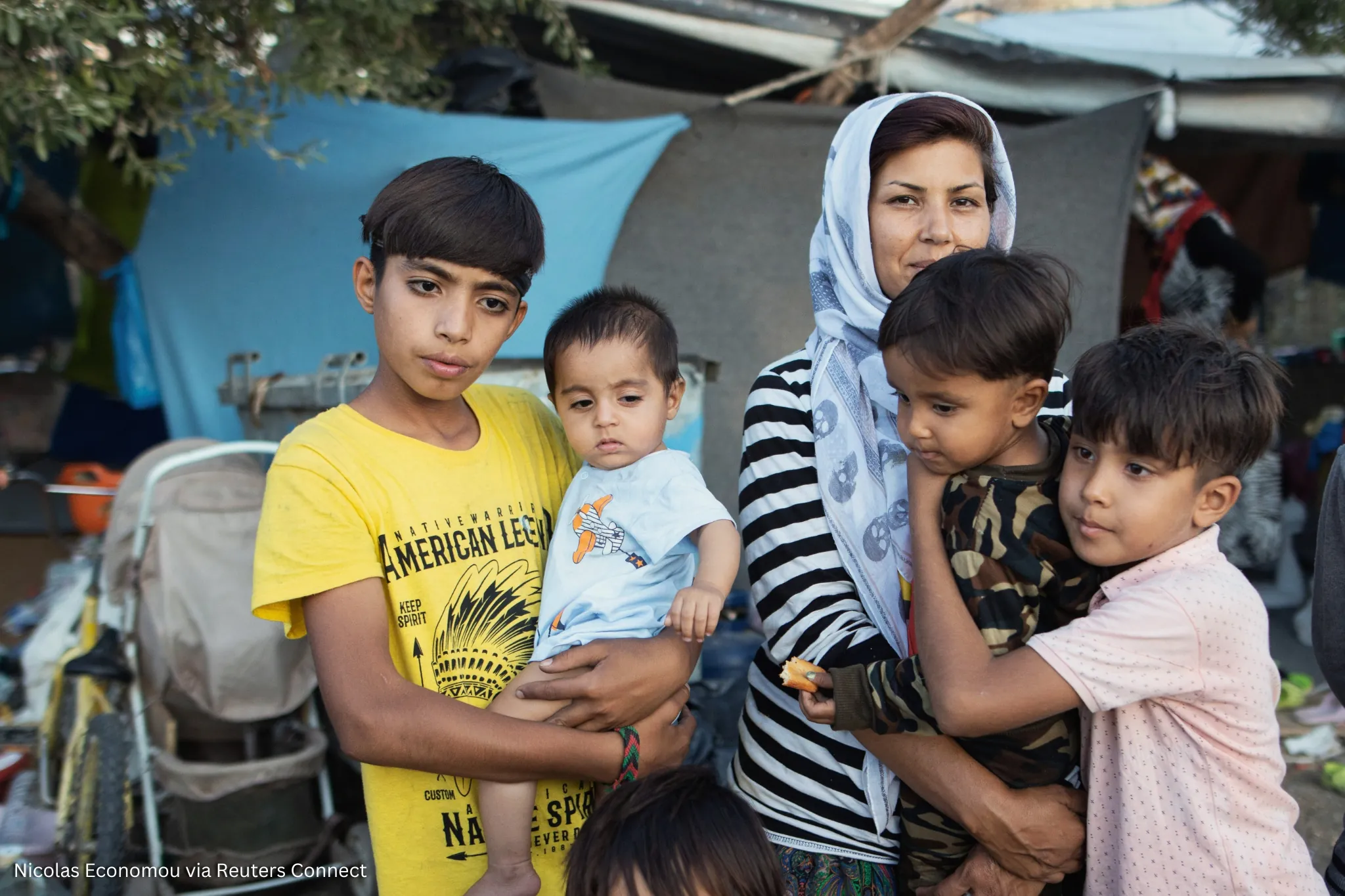
From Crisis to Christ
